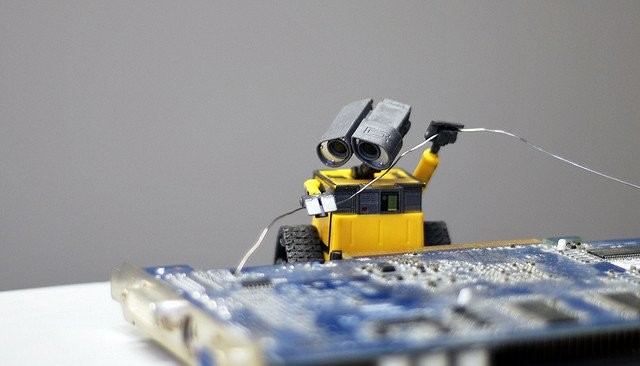
Uber is our government: The transition to social economy
In the last couple of weeks there’s been a great quote making rounds around the Internet:
"In 2015 Uber, the world's largest taxi company owns no vehicles, Facebook the world's most popular media owner creates no content, Alibaba, the most valuable retailer has no inventory and Airbnb the world's largest accommodation provider owns no real estate."
After some searching, it is to be attributed to Tom Goodwin of Havas Media, who wrote about control of customer interfaces in TechCrunch.
The phrase succinctly summarizes a curious phenomenon that is changing our world: the rise of social (or 'sharing') economy.
Today’s technology is allowing companies and individuals to re-negotiate the supply-demand relationship – without the government acting as the mediator.
In the traditional way of doing business, the government has a lot of control: they issue permits, they control wages, they monitor quality, etc.
But with technologies used by Uber and Airbnb, these constraints are non-existent. The negotiation between customer and supplier happens directly, without any middle-men. Need a ride? Here. Need a place to stay in New York City? Here. The “suppliers” can rent their apartment for as much as they want. They can turn their vehicle into an income for as long as they want.
In short, you can now directly engage in the supply-demand relationship, with minimal regulations and attractive interfaces.
This is curiously different from the past when somebody wanted to – legitimately and credibly – make extra money giving people rides around town. And it's happening because we now have the technology to make it happen legitimately and credibly.
The middle-man, however, isn’t cut out completely. Both suppliers and consumers still need to pay their dues to the company that runs the app. In this situation, Uber is the government that makes all the regulations. They are the ones who set the fees, who permit or deny drivers to be able to use their services and get access to their customers. Same for Airbnb, Facebook and Alibaba. Even the newly IPO'ed Etsy.
They are the governments of their respective worlds.
And real governments have taken note of this transition. That's why we're seeing Uber running into problems with unions, and Airbnb's legal battles with the City of New York.
Though clearly, the real government isn’t going anywhere and isn’t likely to be replaced by corporations anytime soon (like in the animated movie WALL-E). Merely, the social economies along with the technologies that make them possible are augmenting the supply-demand relationship. The end result is that anything can be monetized – as long as you’re willing to recognize its value and find ways to benefit from it.
Social technologies can improve communication, safety and transparency.
Speaking of governments, let’s take as an example a town in Spain that uses Twitter as its main form of communication. For the past 4 years, they’ve had stellar success, improving government response and citizen satisfaction. How? A resident may tweet that a street light needs to be fixed. The mayor immediately retweets the problem to the local handyman. The next morning the light is fixed. If it’s not, everyone knows who’s at fault. How long does it take for your local official to take note of something as miniscule as a street lamp?
Obviously, not all companies strive towards becoming the next Uber. As Goodwin points out in his article, there are “Full Stack” companies that want to own everything from R&D to sales, even at the expense of harder scaling. And certainly not all towns in the world are transitioning to Twitter as their main tool for governance.
Yet the impressive growth of these companies to becoming giants in such a small span of time is evidence that the social economy is a unique, and mostly welcome, solution to unlocking more value. (I say mostly, because Airbnb in NYC seems to be driving up rents.)
And there’s still more to do. According to McKinsey, “while 72 percent of companies use social technologies in some way, very few are anywhere near to achieving the full potential benefit.”
There’s another bigger obstacle to this technology: the technology itself. Yes Uber, Twitter and Airbnb have changed the way we travel and communicate – but for how long? Software can’t run on nothing. It needs computers. More often than not it needs the Internet. It needs storage space to store data to run analytics. Is Airbnb going to lay down fiber optic cables in the future to make their service run smoothly? Right now, that’s doubtful. These companies benefit from the already created infrastructure. They’ve used it to bring change. Their success will depend on how well they can satisfy their users.
Bottom line
The social economy is transforming how our world operates and how we derive and obtain more value – as long as the technology behind it is maintained and continues to expand. Who will make the technology work in the future is yet to be seen. And how real governments will tolerate the rise of "social governments" remains to be seen as well.
Image credit: Morgan via Flickr, used under Creative Commons 2.0 license. No changes made.

Managing Director at SEJONYA FOREX BUREAU LTD
3yVisit ledgerdex.com to buy prepayway InBit tokens.